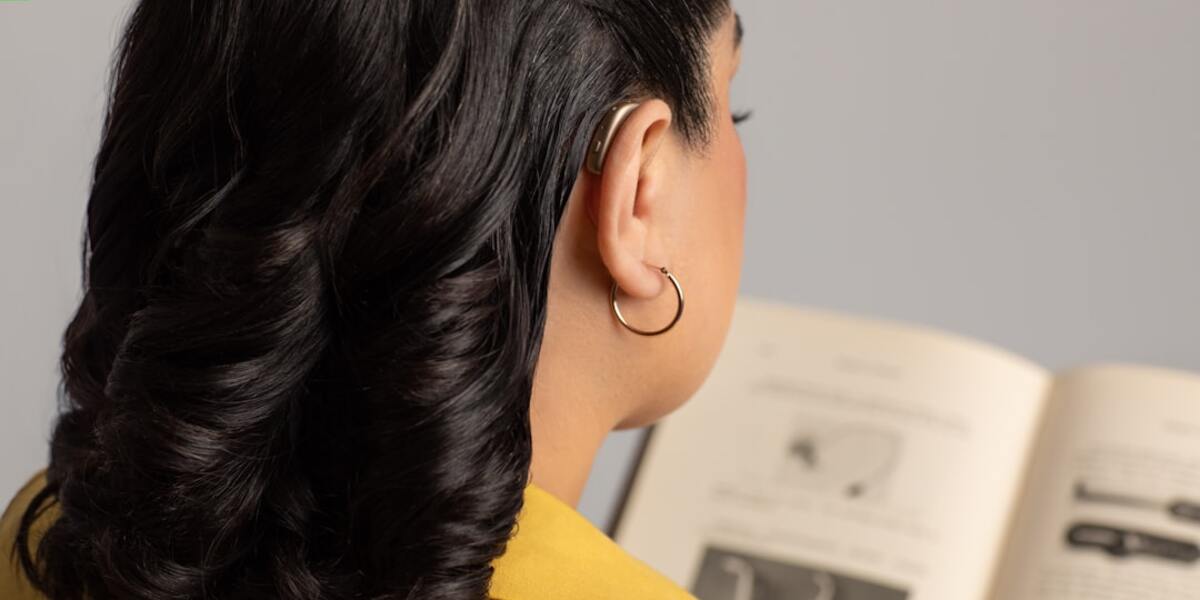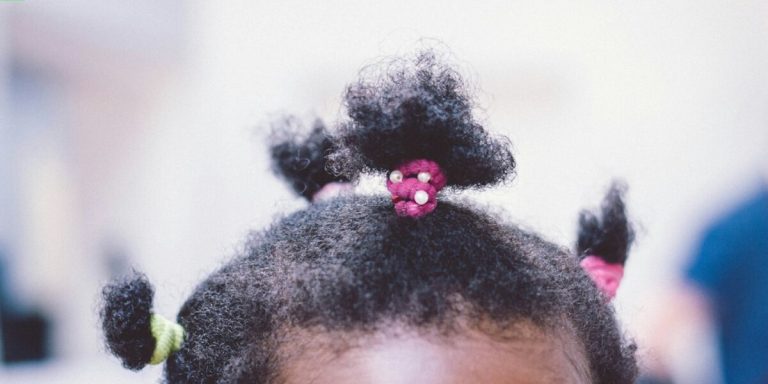Worst Shampoos That Cause Hair Loss: A Comprehensive Guide
Hair loss is a daunting experience and it can be triggered by many factors. One such factor, often overlooked, could be your shampoo. Yes!
Some of the worst shampoos that cause hair loss are lurking right in our bathrooms without us even knowing about their damaging effects.
In this comprehensive guide, we examine how these seemingly innocent products may impact your scalp health negatively and accelerate hair fall. From harmful ingredients to poor formulation – understanding what makes them detrimental can help you make smarter choices for your precious tresses.
Did you know?
A shocking yet little-known fact is that many common shampoos on the market contain a chemical called Sodium Lauryl Sulfate (SLS). This low-cost detergent, often linked to hair loss and thinning, can be found in around 90% of commercial shampoos.
Understanding Hair Loss: The Role of Shampoos
In the quest for lustrous, voluminous hair, we often venture into a labyrinth of hair care products. Among them, shampoos play an imperative role in our regimen. However, it’s shocking to discover that certain shampoos on market shelves might be causing what they promise to prevent- hair loss.
Shampoos are devised with the primary function of cleansing; eliminating dirt and excess oil from your scalp while providing nourishment is their main agenda. But not all fulfill this objective efficaciously; some can exacerbate or potentially cause situations leading you towards thinning tresses. Learning about these hidden culprits camouflaged as “hair saviors” becomes crucial if you’re wrestling against unexplained or escalating incidents of alopecia.
The key resides in understanding the ingredients used within these supposed remedies because herein lies both the remedy and poison for your locks’ health depending on their combination ratios and continual usage patterns respectively.
The Chemistry Behind Shampoo Ingredients and Scalp Health
Shampoos play a major role in maintaining the health of your hair and scalp. However, not all shampoos are beneficial. Some can lead to issues such as dryness, irritation, and even hair loss if used regularly over time.
The key lies within their chemical composition – specifically ingredients that may impact the wellness of your scalp negatively. Among these harmful components you’ll find sulfates (like Sodium Lauryl Sulfate or Ammonium Lauryl Sulfate), high concentration alcohol elements, artificial fragrances and preservatives like parabens.
Sulfates are detergent agents added for lather-boosting purposes but they strip away natural oils from your scalp leading to dryness which contributes towards breakage; therefore enhancing chances of hair fall out.
Alcohol-based substances ironically also have a drying effect on your mane despite being utilized for their quick evaporation quality which gives products an instant-drying impression after application – another factor adding up to potential damage when excessively applied by users thinking it’s good because it doesn’t leave residue.
Artificial scents often contain phthalates – controversial chemicals linked with hormonal disruption causing negative effects onto body functions including healthy growth cycles our tresses go through resulting in premature shedding phases onset due excessive stress generated internally upon exposure .
Identifying Harmful Compounds in Shampoos
When it comes to hair loss, many overlook the significant role that shampoos play. While these products are intended for cleaning and nourishing your hair, not all of them achieve this beneficially. Some contain potentially harmful compounds which can lead to or accelerate hair loss.
One should be wary of Sodium Laureth Sulfate (SLS), a common element in various personal care items including shampoos – marked as one of the worst culprits causing shampoo-related hair loss. SLS acts as a surfactant creating dense foam but has been linked with irritation on scalp leading to weakened follicles and eventual fallout.
Parabens run second next to SLS when listing damaging constituents found in some shampoos. Used primarily as preservatives, parabens mimic estrogen hormones disturbing natural hormonal balance and promoting premature shedding by weakening roots over time.
Another compound is Alcohol known for its quick-drying properties; ironically leads towards dryness inducing conditions such as brittle strands & split ends increasing chances for breakage hence contributing toward overall thinning impression.
Evaluating the Worst Offenders: Types of Shampoos Linked to Hair Thinning
Picking up a shampoo off the grocery shelf without checking its ingredients is like playing Russian roulette with your precious locks! Several over-the-counter brands pack their products brimming with harmful agents that aren’t obvious at face value but may have detrimental repercussions such as promoting hair loss.
Parabens, sulfates, formaldehyde releasers – all these sinister-sounding substances might form part of your everyday shampoo formula and do more harm than good by stripping away essential oils from our scalp or triggering inflammation leading to weakened follicles—both notorious enablers for accelerated shedding.
Since we’ve unraveled this shocking truth about common items hiding in plain sight within our bathrooms causing unintentional damage; it becomes even more important now than ever before in 2023 – where stress levels are spiking high alongside pollution contributing significantly towards various forms of alopecia- to pay heed while choosing something as seemingly rudimentary yet critical as a bottle of shampoo!
So here’s exactly what you need on how certain types contribute most severely towards damaging hair volume & texture because knowledge afterall is power when protecting oneself against unnecessary distress related extensively around “Hair Loss Causes”.
Surveying Common Culprits: What’s Lurking in Your Bottle?
In your quest to combat hair loss, have you ever considered that the bottle of shampoo sitting in your bathroom could be a silent accomplice? Unbeknownst to many consumers, several common ingredients found in popular shampoos can contribute to thinning locks. Let’s expose some of these notorious offenders.
First up on our list is Sodium Lauryl Sulfate (SLS). This harsh detergent is used for its foaming abilities but can irritate the scalp and damage hair follicles—key factors leading towards hair shedding. Next in line are Parabens – preservatives employed for their bacteria-fighting properties.
However, they mimic estrogen behavior which may disrupt hormonal balance and thus incite hair fall.
Then we encounter Dimethicone—a type of silicone—that gives your mane that glossy sheen post-wash; it might make locks look sleek but over time weighs down strands leading them much closer to breaking point than healthful buoyancy.
A word must also go out about Formaldehyde-releasing preservatives such as DMDM Hydantoin & Imidazolidinyl Urea—it’s there lurking under innocuous names like ‘fragrance’. When absorbed by body tissues including those around the head area like skin or scalp tissue fibers—they induce inflammation possibly culminating into substantial losses atop one’s crown!
Deciphering Labels: Navigating Through Misleading Marketing Terms
In the labyrinth of hair care products, shampoos arguably sit on top when it comes to their deceptive marketing tactics. With an endless array of bottles boasting claims like ‘natural’, ‘organic’ or ‘sulfate-free’; it can be overwhelming for consumers to identify which is a friend and which may potentially lead us straight into the arms of hair loss.
I’ll break down some common misleading terms you might encounter and offer insights on how they translate in real-world usage.
1. “Natural” – Despite its tempting claim, this term doesn’t necessarily mean harmless. There are various natural substances such as essential oils that could potentially cause allergic reactions leading eventually to hair thinning.
2. “Organic” – While organically sourced ingredients are usually preferable over synthetic ones because they’re less likely harmful; remember if not properly processed, even organic substances can become enemies rather than allies against battling with your receding mane.
Many people now choose sulfate-free shampoos because they believe these products, being gentler than harsher cleansers, will prevent unnecessary damage. Sulfates strip away protective barriers around our scalp’s skin cells, leading to dryness and itchiness. These conditions can contribute to higher shedding rates in follicles already vulnerable due to genetic predisposition factors. Male pattern baldness sufferers, particularly those with hereditary traits passed down through generations within family lines, most commonly experience this. These traits date back to ancestors from centuries ago.
Preventative Measures for Healthy Hair Maintenance
To maintain healthy hair and prevent loss, you need to be proactive about your hair care routine. One of the first steps towards this involves identifying detrimental products that might exacerbate or even cause hair fall. Surprisingly, certain shampoos out in the market can lead to severe damage rather than promoting good health for your locks.
Shampoos containing harsh chemicals like sulfates and parabens make a regular appearance on most ‘worst shampoo’ lists. These additives not only strip away natural oils from scalp leading to dryness but also disrupt hormonal balances causing delayed yet palpable effects such as thinning of hair strands over time.
Besides these common culprits, other ingredients one should cautiously approach include artificial fragrances that could potentially trigger allergic reactions contributing further into the cycle of unhealthy scalp conditions thus leading to premature fallout and breakage.
Switching to Safer Alternatives: Choosing Gentle Formulations
A significant factor in maintaining healthy hair and preventing hair loss is making wise choices about the products we use. Among these, shampoos hold a key role as they come directly in contact with our scalp and roots–the very foundation of good or bad hair health.
In 2023, awareness around harmful ingredients found commonly in various personal care items has increased significantly. Still, many consumers continue to inadvertently damage their tresses by using what can easily be termed as some of the ‘worst shampoos that cause hair loss’.
Shampoos loaded with sulfates, parabens, silicones are familiar sight on bathroom shelves but little do people realize how hazardous they could prove. Sulfates strip your scalp off its natural protective oils leading it to become excessively dry and irritated; this consequently weakens follicles causing more strands shed prematurely than conventionally should.
Parabens – preservatives used extensively across industries create havoc when applied on sensitive parts like your head skin potentially disrupting regular cell growth while silicones superficially coat each strand giving them deceptive shine momentarily only for you eventually find yourself dealing dullness besides unnatural shedding due frequent suffocation caused such heavy substances!
Instead switching gentler alternatives may just turn tables round positively favoring fight against baldness prevention measures healthier maintenance overall.
Developing a Scalp-Friendly Hair Care Regimen
In developing a scalp-friendly hair care regimen, an important step is to be mindful of the products you are using on your hair and scalp. Understanding that certain shampoos can have detrimental effects such as causing or exacerbating hair loss is key.
Around 80% readers online do not realize that some of their common choices in shampoos play significant roles in inducing rapid thinning and receding follicles. The potential damage may include anything from weakened strands, brittle ends, dry scalps to intense cases like alopecia.
There’s a reason why many individuals dread phrases like ‘sulfates’, ‘parabens’ and ‘artificial fragrances’. Shampoos containing these elements often strip natural oils necessary for healthy growth leaving you with fragile locks prone to breakage. In addition they cause irritation resulting in inflamed follicles which over time diminishes overall density paving way for sparse patches.
Switching towards organic options packed with essential oils such as rosemary oil or ingredients known promoting strength might just prove beneficial enough saving those precious tresses from unwelcomed fallout cruelly sneaking up ruining years nurtured manes spectacularly falling overnight!
Conclusion
Having traversed the murky waters of the worst shampoos that cause hair loss, it becomes clear how important informed choices in our daily routines can be. The adage “caveat emptor” – let the buyer beware certainly holds water when we see such common products potentially leading to unexpected consequences.
Avoiding these harmful ingredients and opting for healthier alternatives is just one step towards better hair health. However, there’s so much more you could learn about this complex issue on our website; from patterns of baldness to genetic dispositions or dietary habits affecting your tresses’ well-being. So why stop here?
Dive deeper into understanding ‘Hair Loss Causes’, arming yourself with knowledge because sometimes prevention really is better than cure.







